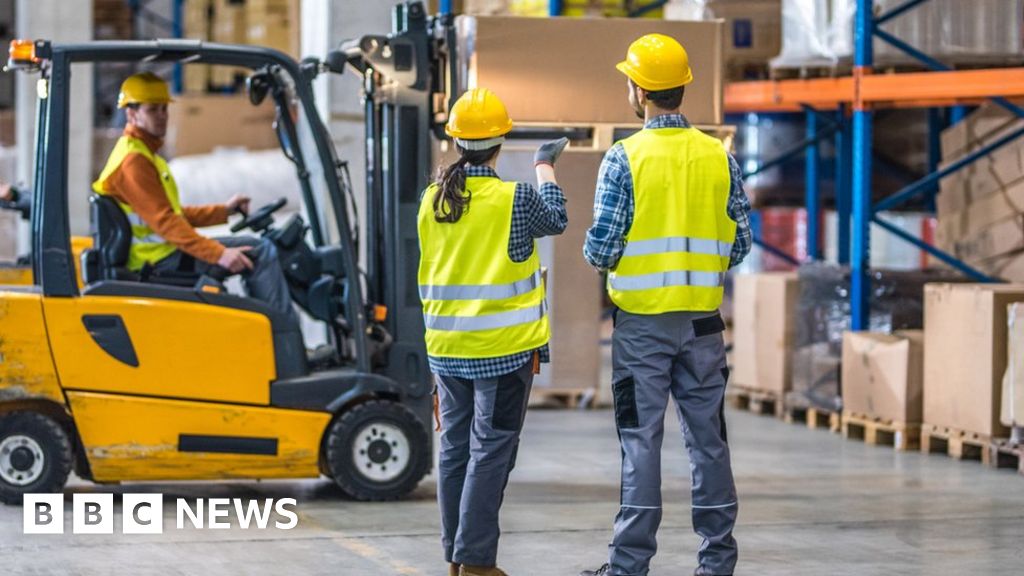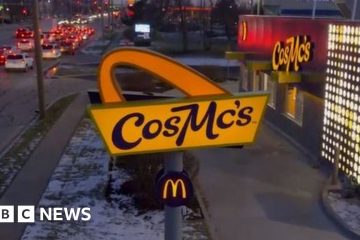A tax break which allows businesses to deduct the full cost of investing in machinery and equipment from their tax bill has been made permanent.
In his Autumn Statement, Chancellor Jeremy Hunt called it the “largest business tax cut in modern British history”, but this was disputed by an economics think tank.
Big business groups praised the policy, which had been due to end in 2026.
Big business groups praised the policy, which had been due to end in 2026.
Mr Hunt said the policy – known as “full-expensing” – would mean that for every million pounds a company invests, it would get £250,000 off their tax bill in the same year.
Under full-expensing, companies can deduct the costs of various equipment from their tax bills, including machines from computers to lathes, office equipment such as desk and chairs, as well as vans, tractors, large construction equipment, and tools.
Mr Hunt said the move – which has been supported by Labour – would cost £11bn per year.
According to research by the British Chambers of Commerce, the policy has benefitted 34% of businesses since it was temporarily put in place in April.
A tax break which allows businesses to deduct the full cost of investing in machinery and equipment from their tax bill has been made permanent.
Big business groups praised the policy, which had been due to end in 2026.
In his Autumn Statement, Chancellor Jeremy Hunt called it the “largest business tax cut in modern British history”, but this was disputed by an economics think tank.
Mr Hunt said the policy – known as “full-expensing” – would mean that for every million pounds a company invests, it would get £250,000 off their tax bill in the same year.
Big business groups praised the policy, which had been due to end in 2026.
Big business groups praised the policy, which had been due to end in 2026.
Mr Hunt said the policy – known as “full-expensing” – would mean that for every million pounds a company invests, it would get £250,000 off their tax bill in the same year.
Under full-expensing, companies can deduct the costs of various equipment from their tax bills, including machines from computers to lathes, office equipment such as desk and chairs, as well as vans, tractors, large construction equipment, and tools.
Mr Hunt said the move – which has been supported by Labour – would cost £11bn per year.
According to research by the British Chambers of Commerce, the policy has benefitted 34% of businesses since it was temporarily put in place in April.
#Tax #break #businesses #permanent
Note:- (Not all news on the site expresses the point of view of the site, but we transmit this news automatically and translate it through programmatic technology on the site and not from a human editor. The content is auto-generated from a syndicated feed.))



